Coffee’s cold again. Third cup today and I still haven’t finished researching self-publishing options for my mystery novel. My desk is buried under printouts of pricing packages, scribbled notes from author forums, and half a dozen browser tabs comparing services.
I remember when getting published meant one thing: landing an agent who’d champion your manuscript to the big houses in New York. Twenty years and four traditionally published books later, I jumped ship to self-publishing. Never looked back, though Lord knows I’ve made every rookie mistake in the book.
Looking to self publish? Get in touch with Miami Ghostwriters today!
The Wild West of Self-Publishing
Listen, the self-publishing landscape isn’t just crowded, it’s downright chaotic. Companies spring up overnight promising the moon, only to vanish with your money faster than you can say “royalty check.” I learned this the hard way with my second indie novel.
“We’ll make you the next James Patterson,” they promised. Three thousand dollars later, I had a box of poorly edited books with a cover that looked like my nephew’s art project. Live and learn.
Self-publishing isn’t just pressing a button and watching sales roll in. It’s a business decision requiring research, strategy, and brutal honesty about what you can handle yourself versus what’s worth paying professionals to do.
Know Thyself, Know Thy Book
Before you start Googling “best self-publishing companies,” grab a notebook. Seriously, do it now. Write down answers to these questions:
- What’s my actual budget? Not wishful thinking, but cold hard cash I can spend.
- Am I tech-savvy enough to format files myself?
- Can I objectively evaluate my own writing, or do I need professional editing?
- What’s my end goal? Bestseller dreams? Family memoir? Professional credibility?
I talk to writers all the time who skip this step. Then they wonder why they’re frustrated when the budget self-publishing company they chose doesn’t offer marketing services.
The Players You’ll Meet
Let me walk you through the self-publishing companies I’ve personally used or worked closely with colleagues who have. No affiliate links here, just battle-tested experience.
Amazon KDP: The Undisputed Giant
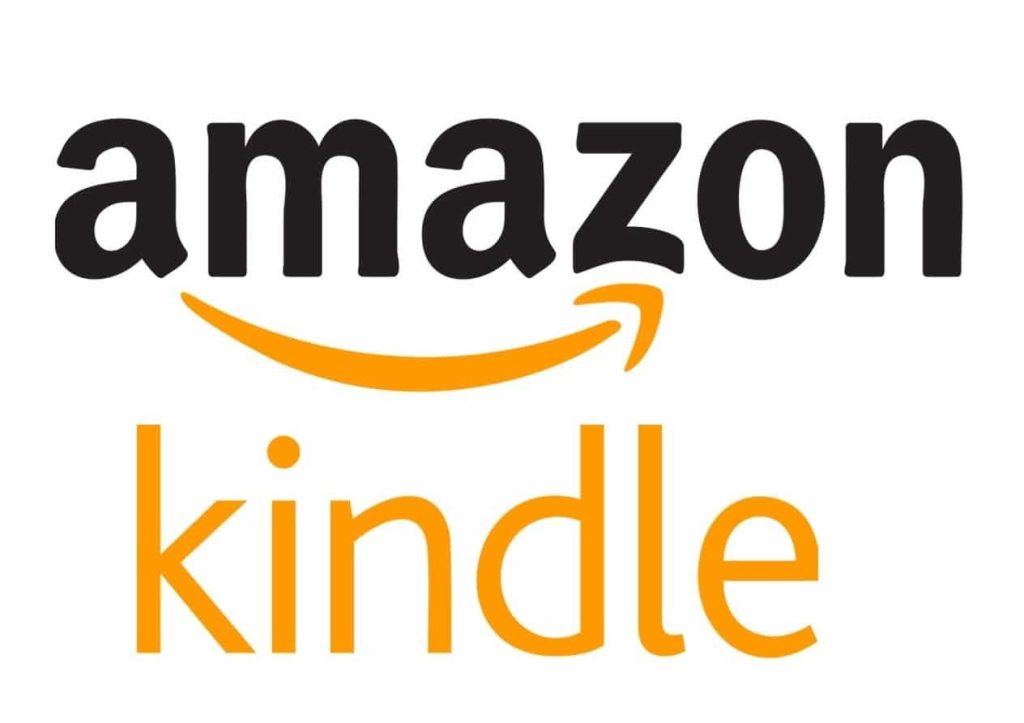
My first self-published thriller went through KDP. Amazon’s platform isn’t technically a “company” offering services, but rather a platform where you upload your finished work. The good? Enormous reach. The bad? You’re responsible for everything from formatting to marketing.
I made $12,000 my first year with that book, but I also hired my own editor, cover designer, and spent weekends learning formatting. KDP works if you’re willing to assemble your own team or wear multiple hats.
Blurb: For Bookstore Distribution
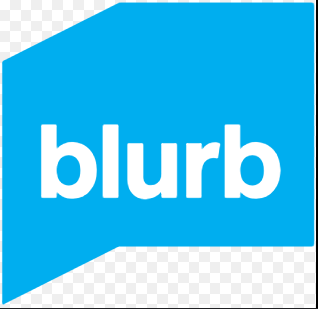
When my historical fiction needed wider distribution, I turned to Blurb. Their connections to physical bookstores mattered for that genre. They charge setup fees that KDP doesn’t, and making corrections costs money too.
The funny story? I thought I’d proofread perfectly, then found a typo on page one after approving the final version. That mistake cost me $25 and two weeks of delays. Their print quality is outstanding, though, and seeing my books in three local bookshops made the hassle worthwhile.
BookBaby: Full Service for Newbies
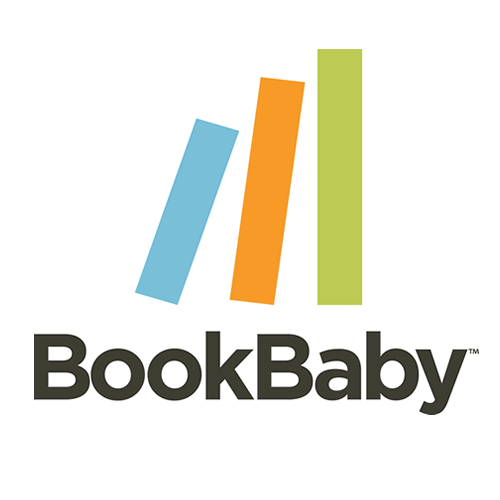
My writing group partner Janet used BookBaby for her memoir. She’s technologically challenged (still uses flip phones) and wanted someone to handle everything. They delivered a gorgeous book, but she paid premium prices for services I could have helped her find cheaper elsewhere.
Their editing services caught issues her beta readers missed, though, which possibly saved her from embarrassment at her church book club. If money isn’t tight and you want simplicity, they’re solid.
Draft2Digital: The Ebook Distributor
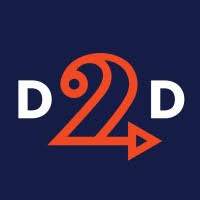
For my novella series, I wanted something in between. Draft2Digital took my Word document and created professional ebook files distributed to multiple platforms. Their formatting tools aren’t perfect, especially for complex layouts, but they’re free unless your book sells.
I appreciate how they handle tax paperwork across different stores, saving me headaches come April. Their print option is newer and more limited than dedicated print services.
Lulu: The Old Guard
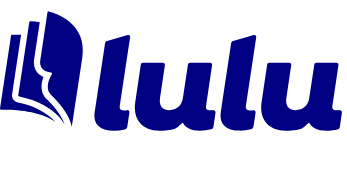
Lulu has been around forever in self-publishing terms. My cookbook went through them because their color printing looked better than competitors for the food photos. Their website felt clunky compared to newer platforms, and getting tech support involved lengthy email chains.
The quality was worth it, though. Three years later, those cookbooks still look brand new despite spills and frequent use. Their distribution options have improved, too.
Red Flags and Warning Signs
Not all self-publishing companies deserve your manuscript or money. Watch for these warning signs I’ve encountered:
- Companies that claim to “accept” your manuscript, as if they’re doing you a favor
- Packages with vague descriptions like “marketing services” without specifics
- Contracts giving them rights beyond printing and distribution
- Impossible promises about sales numbers or Amazon rankings
- Required purchase of author copies beyond a reasonable proof copy
- Refusal to let you set your own retail price
My neighbor fell for a vanity press masquerading as a . $5,000 poorer, he owns 500 books gathering dust in his garage, and the company owns rights to his content for ten years.
Finding Your Perfect Match
The best self-publishing companies align with your specific needs, not some generic “best of” list. My thriller novels go through different channels than my writing guides.
For your first project, consider starting simple. Use KDP for ebooks while you learn the ropes. Invest in a freelance editor and cover designer rather than expensive publishing packages.
Join genre-specific writing groups and ask which self-publishing companies their members use. Nothing beats recommendations from authors writing similar books with similar goals.
Lessons From My Self-Publishing Journey
After fifteen books across various self-publishing companies, here’s what I wish someone had told me earlier:
- The cheapest option usually costs more in the long run.
- Pay professionals for editing and cover design, even if you DIY everything else.
- Start building your audience before finishing your manuscript.
- Budget as much for marketing as for production.
- Read the contract twice, then have someone else read it too.
Self-publishing companies come and go, but your book stays with you forever. Choose partners who enhance your work without claiming ownership of it.
My desk is still cluttered with research materials as I plan my next release. The coffee’s still cold. But there’s something magical about controlling your publishing destiny that makes all this chaos worthwhile.
What questions do you have about specific self-publishing companies? Drop them in the comments, and I’ll share whatever hard-earned wisdom I can.
Terry Walsh has self-published fifteen books across multiple genres and platforms. When not writing or researching publishing options, he teaches workshops on indie publishing at community colleges throughout the Pacific Northwest.

